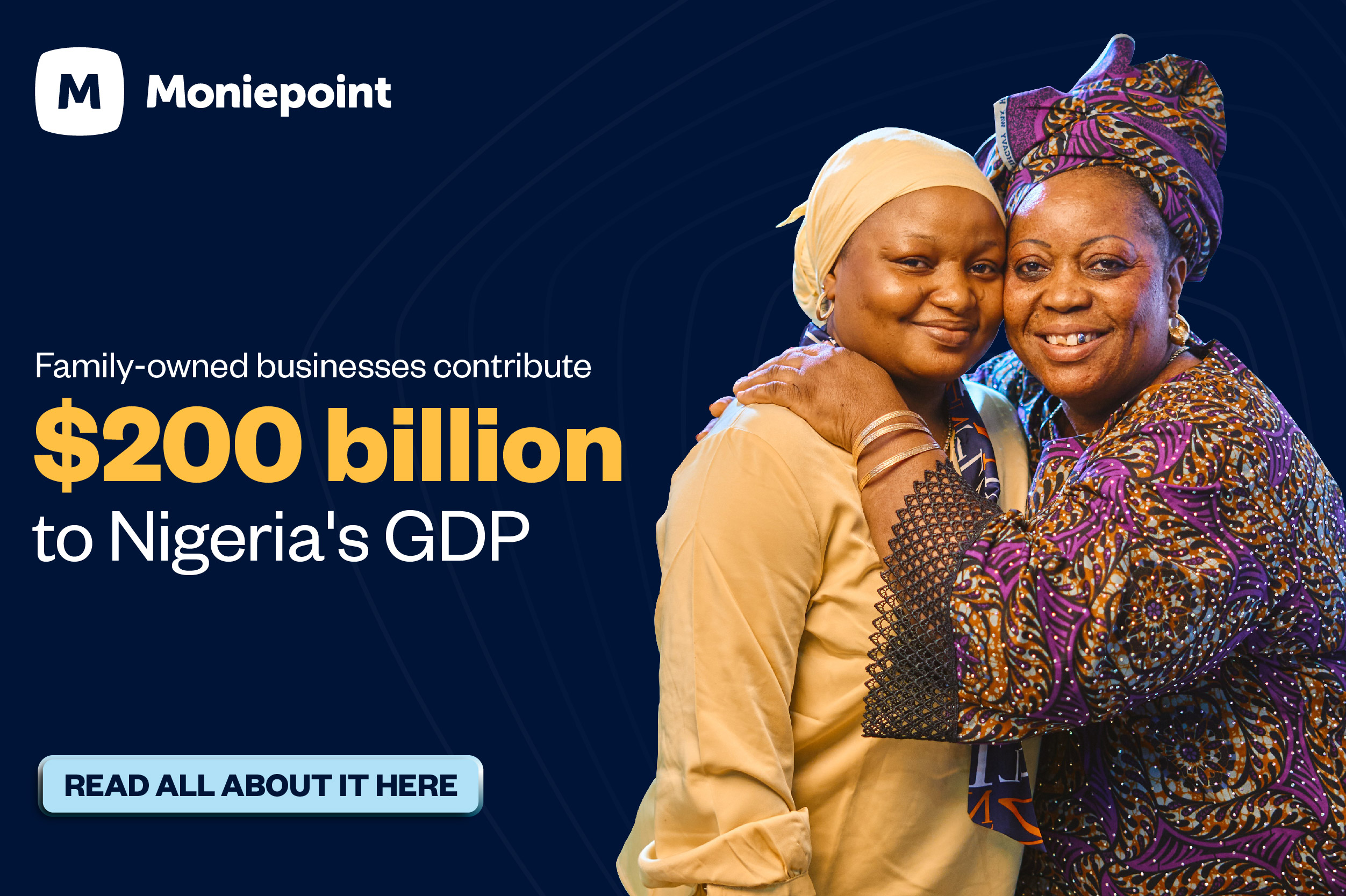Kenya
👨🏿🚀TechCabal Daily – The ZiG isn’t zagging


Good morning ☀️
Thanks to everyone who spoke out for Daniel Ojukwu, a Nigerian journalist who was wrongfully detained for 10 days for his investigative report involving mismanagement of funds by Nigerian officials.
Daniel was released on Friday morning. Now, onto the business of the day.
Fresh subsea cable cuts hit Africa
Modern civilisation, as we know it, can grind to a halt if one of these three things happens: if World War III happens and somehow everybody dies; if the internet cables crisscrossing the earth all snap at once; and if aliens finally make contact.
This writer wagers the second option might as well be in the works.
How? On March 14, the world as we knew it, got a taste of its dependence on the internet. At least 8 African countries experienced internet outages due to damage to submarine fibre optic cables along the West African coastline.
The outage halted trading activities on Ghana’s stock exchange, caused Nigeria’s second-largest cement maker to postpone meetings with investors, and caused panic among many other Africans who wondered why surfing the net had become a frantic exchange of text messages asking if anyone else’s internet was working.
Another one: March’s outage affected the West Africa Cable System, MainOne, South Atlantic 3, and ACE sea cables. Per local media reports, there have been fresh cuts on two internet cables connecting South Africa and Kenya.
While the cause of the cut is yet to be discovered, internet users across Kenya and Tanzania will be severely impacted, with major Kenyan network and internet service providers, including Safaricom and Telkom Kenya, experiencing outages. Total internet blackouts are expected in some areas. Internet users across Rwanda, Uganda, and Madagascar will also be impacted by the cuts.
Per TechCentral, cable repair ships have been deployed, but no estimated time for repairs has been given. With the last subsea cable disruption, it took at least five weeks to fix two of the three cables and an additional four weeks for the final cable to be fixed.
Read Moniepoint’s case study on family-owned businesses
Family-owned businesses are everywhere, shaping our world in ways you might not expect. We’ve found some insights into how they work, and we’d love to share them with you. Dive in right away here.
Zimbabwe’s new currency struggles as businesses mark up ZiG purchases
Zimbabwe is cracking down on businesses using inflated exchange rates instead of the rate stipulated by the new gold-backed currency also known as the ZIG.
The news: In an attempt to stabilise the value of the ZiG, the government released a notice that it will fine businesses 200,000 ZiG ($14,815) for offering exchange rates higher than the official rate of 13.5 ZiG per $1.
Additionally, businesses caught selling goods or services using an exchange rate higher than the interbank selling rate will be committing a civil offence.
The ZiG isn’t zagging: Despite hoping the new currency, ZiG, would boost the economy, its value has instead dipped. Initially trading at 13.53 ZiG per $1, it fell to a record low of 13.67 ZiG just one month later.
The reason for the instability of the currency: Prior to this change, stores would mark up prices by 10% for ZiG purchases. This protected businesses from losing money if the currency weakened further. However, it also made ZiG less attractive to use, fueling inflation and a black market for foreign currency. Now, with stores required to charge the official price, ZiG should become more competitive with dollars.
Unlicensed currency traders also offered much more attractive rates, buying US dollars for up to 15 ZiG and selling them for around 20 ZiG. This contrasted sharply with the official rate of 13.5 ZiG per US dollar. Additionally, informal traders remained hesitant to switch to the new currency, clinging to the US dollar due to concerns about the volatility of the ZiG.
Four currency changes in four years: Zimbabwe’s fight against hyperinflation has led to frequent currency changes, with four new currencies introduced since 2019. This started with replacing its old RTGS currency with the Zimbabwean dollar in 2019, introducing a new Z$100 note in 2022, and announcing a gold-backed digital currency in 2023.
This year, it introduced a new gold-backed fiat currency the Zimbabwe Gold (ZiG) to replace the Zimbabwean dollar, which lost a staggering 75% of its value in 2024. The ZiG is the nation’s sixth attempt to establish a stable local currency. It is backed by the country’s gold reserves (2.5 tons) and some foreign currency holdings ($100 million) by its central bank.
Collect payments anytime anywhere with Fincra
Are you dealing with the complexities of collecting payments from your customers? Fincra’s payment gateway makes it easy to accept payments via cards, bank transfers, virtual accounts and mobile money. What’s more? You get to save money on fees when you use Fincra. Get started now.
Solar storm dazzles social media and Starlink

Over the weekend, social media exploded with dazzling photos of the Northern Lights, an awe-inspiring natural phenomenon painting the sky with a rare display of vibrant colours. Christened Aurora, the sightings were a rare event that last happened in 2003.
While the sighting was not visible in most parts of Africa (parts of South Africa were invited to the watch party), people across the continent joined in—virtually—with dazzling images shared on the gram.
As the sighting blessed us with colourful skies and maybe a rare sighting of unicorns in the sky, Aurora also meant that satellite-based internet services like Starlink experienced glitches.
How? This light sighting was the result of a geomagnetic storm, the strongest ever to hit the earth. 😲
Geomagnetic storms happen when a giant burst of charged particles from the sun collides with Earth’s magnetosphere, our protective shield. While not harmful to humans directly, geomagnetic storms can disrupt communication systems that rely on satellites.
Agencies warned of blackouts that didn’t happen: Before Aurora happened, scientists at the US National Oceanic and Atmospheric Administration (NOAA) warned of a potential threat to infrastructure like satellites and the power grid. These scientists were not the only ones giving warnings, as Elon Musk’s owned Starlink warned of a “degraded service” prior to the event.
Musk said on X (Twitter) that Starlink satellites were doing just fine despite being under pressure from the geomagnetic storm.
The last time an extreme geomagnetic storm hit Earth was in 2003, with that storm taking out communications across several countries, and grounding flights.
P.S: If you want to see pictures of the aurora across the world, here are some.
Have you shopped online recently?
In just 3 mins, kindly share your experience with delivery services in Nigeria, and you could be one of 20 people to win an electricity gift card or N10,000 airtime. Share here 👉🏾 paystack.com/logisticsurvey
South Africa takes action against its AI threat
South Africa went full throttle on AI last week with the announcement of AI integration within its sectors, but this week the brakes are on.
South Africa’s content classification regulation authority, the Film and Publication Board (FPB), revealed it is concerned about the use of AI to spread misinformation and will be conducting “deep research” into generative AI to make necessary regulations.
“What was the reason?” FPB is concerned that generative AI, a technology capable of creating realistic but fake content, could be misused to create and spread disinformation online. The country will hold its general elections later this month on May 29, and the FPB wants to support the Independent Electoral Commission (IE ) by monitoring the distribution of misinformation and disinformation that could undermine the process.
Deepfakes are already being used for electoral propaganda: This year, over 50 countries hold their general elections and already, AI is being used to spread misinformation. In Bangladesh, for example, deepfakes were used to create a video of a Muslim lawmaker in a bikini. In Slovakia, they were also used to audio clips of a political leader discussing vote rigging. Even the US, which will hold its general elections later in November, is worried about AI use:
What SA will do: The FPB has explored various methods. Its most recent attempt involved a policy proposal that required social media platforms and internet service providers (ISPs) to actively monitor and remove disinformation and misinformation from their platforms, with potential criminal penalties for non-compliance.
This policy, introduced in March 2024, outlined hefty fines of R750,000 ($40,419) and imprisonment for ISPs who failed to report instances of misinformation on their services within 30 days. However, the policy faced strong opposition from media advocacy groups which led to the rule being scrapped.
Now, FPB will fight fire with fire, and says it will use AI to identify and stop the spread of misinformation before it starts. But there’s a catch. The FPB admits it’s understaffed and is looking to partner with AI experts to develop regulations for online platforms.
Attend GITEX Africa 2024
GITEX Africa returns a second time on May 29–31, 2024, to Marrakech, Morocco, discussing ways to accelerate the continent’s digital health revolution. GITEX is the continent’s largest all-inclusive tech event renowned for uniting the brightest minds in the technology industry. Grab your tickets here.
The World Wide Web3
Source:

|
Coin Name |
Current Value |
Day |
Month |
|---|---|---|---|
| $60,597 |
– 0.07% |
– 9.74% |
|
| $2,881 |
– 1.45% |
– 11.39% |
|
|
$7.00 |
+ 0.69% |
+ 2.27% |
|
| $138.62 |
– 5.75% |
– 9.94% |
* Data as of 06:45 AM WAT, May 13, 2024.
- The second edition of TechCabal’sMoonshot Conference is set for October 9–11, 2024, at the Eko Convention Centre, Lagos, Nigeria. Moonshot will assemble Africa’s biggest thinkers, players and problem solvers on a global launchpad for change. If you want to join the stakeholders in Africa’s tech ecosystem for three days of insightful conversations, then get an early-bird ticket at 20% off.
Here’s what we’ve got our eyes on
Want more of TechCabal? Sign up for our insightful newsletters on the business and economy of tech in Africa.
- The Next Wave: futuristic analysis of the business of tech in Africa.
- Entering Tech: tech career insights and opportunities in your inbox every Wednesday at 3 PM WAT.
- In a Giffy: business decisions powered by data-driven insights and analysis you can trust.
- TC Scoops: breaking news from TechCabal
P:S If you’re often missing TC Daily in your inbox, check your Promotions folder and move any edition of TC Daily from “Promotions” to your “Main” or “Primary” folder and TC Daily will always come to you.













